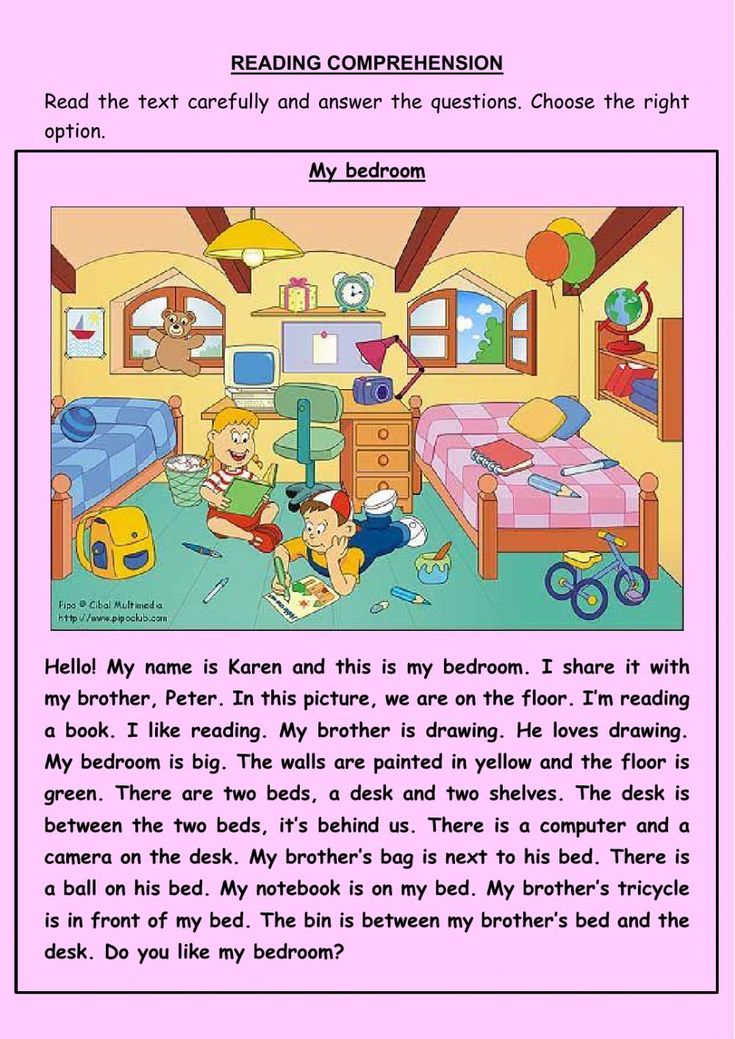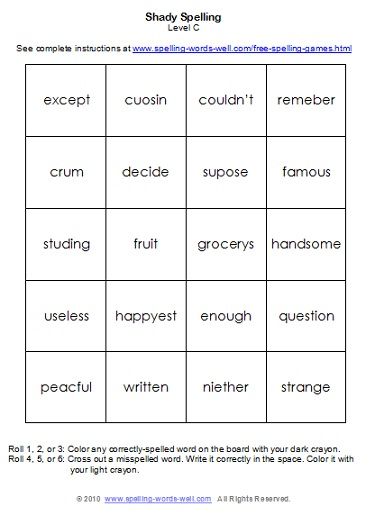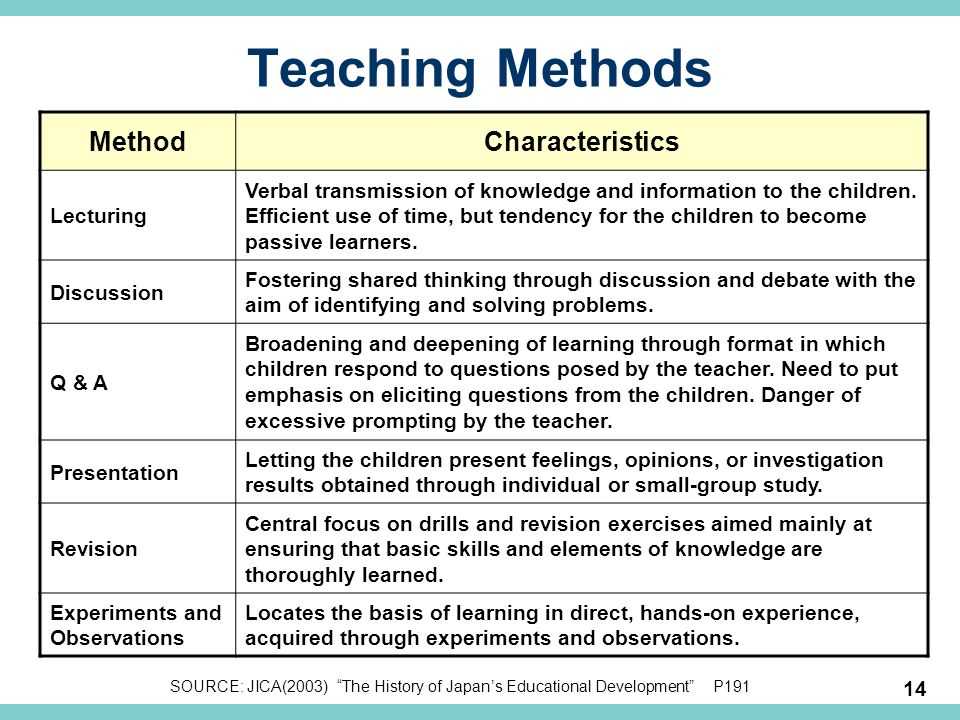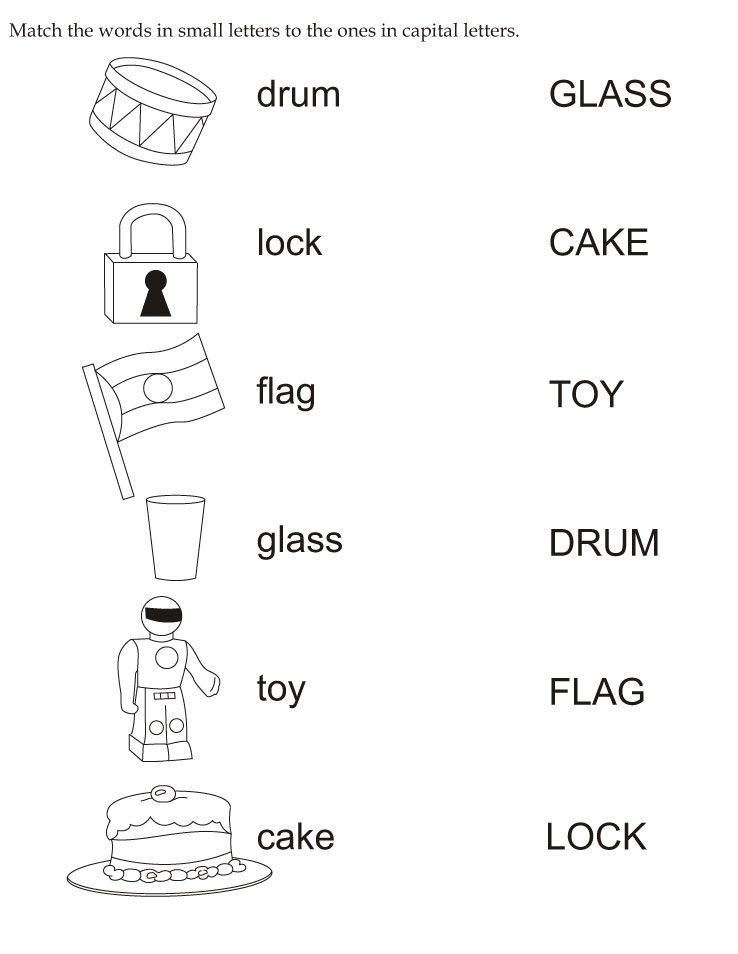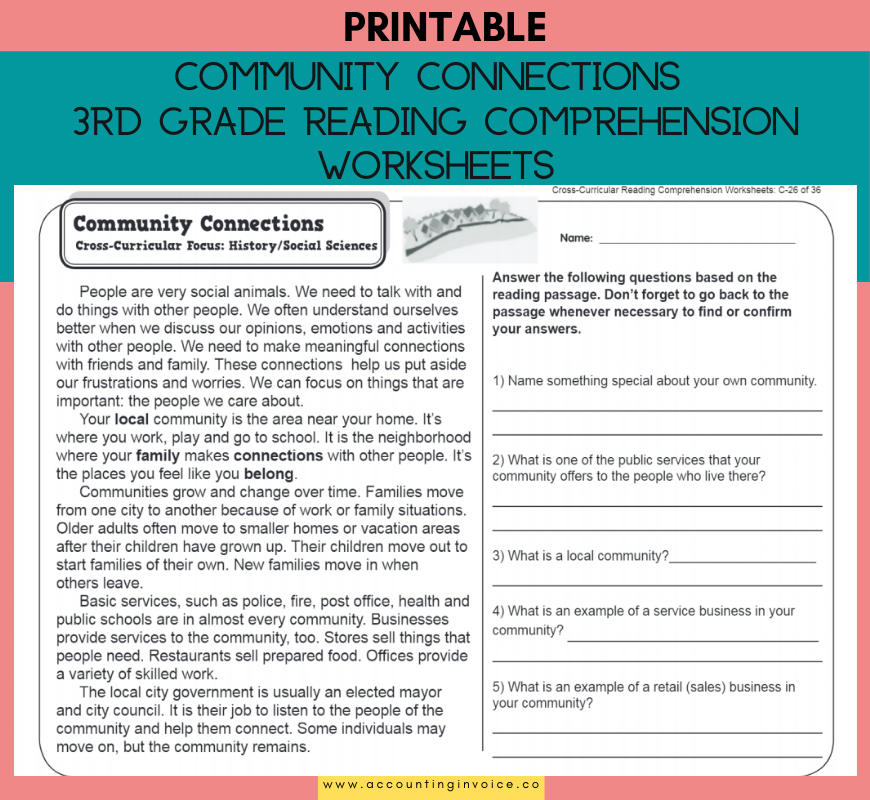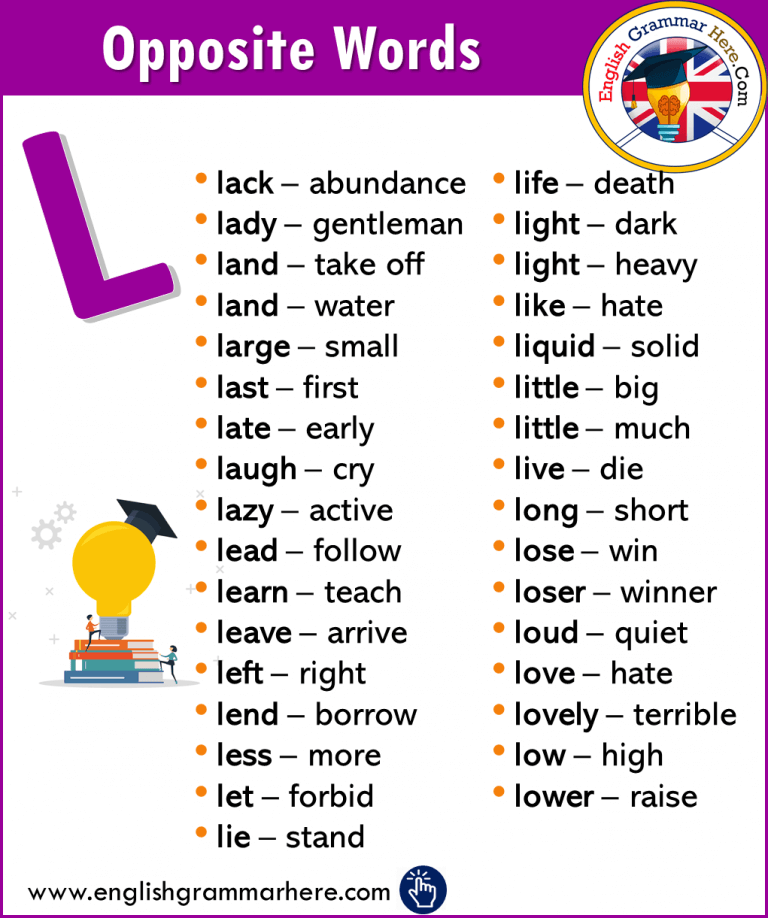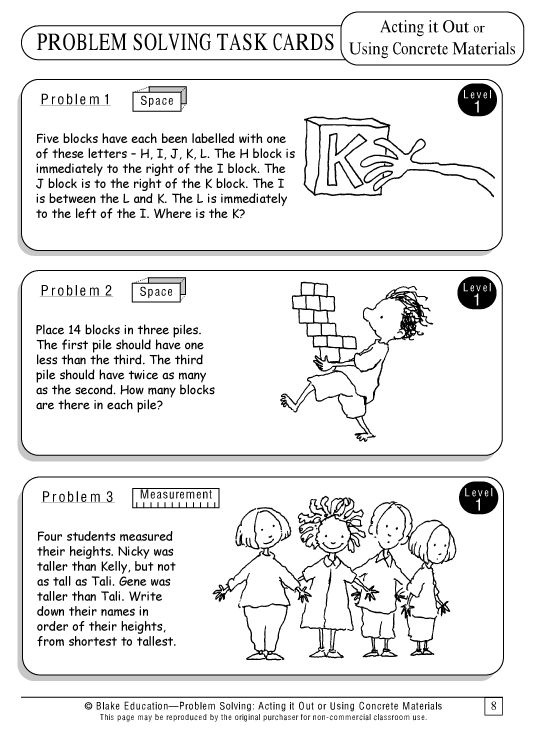Social skills group activities for adults
10 Ideas & How To Get Started
Socializing and participating in recreational activities can have important overall life benefits. It can also help you overcome mental hurdles like fear of rejection that can hold you back in major ways.
Social interactions and activities can also help to improve crucial social skills, such as communication and problem-solving, and can also foster a sense of community and belonging. This can be especially important for older adults, as social connections are often an important source of support and can provide a sense of purpose and meaning in life.
For older adults and many introverts, it may feel like a chore to go to a dance class or attend a book club, but understanding these benefits can help motivate people to find activities that bring joy and fulfillment to their lives.
The most important thing to keep in mind as you get started is that if you don’t enjoy an activity you can always try a different activity. Exploring your options is a great way to experience every kind of social situation as possible.
Social activities are any type of leisure activity that is done in a group setting either at home, online, or outdoors. These activities can range from physical exercise to creative expression and leisurely pastimes.
Examples of Social Activities- Group sports such as soccer or basketball
- Art, music, or crafting
- Live classes such as improv theater, cooking, dancing, or even axe throwing!
- Community gardening
- Board game nights
- Local festivals and concerts
- Online groups and classes focussed on building social skills
For adults, the benefits of social activities are numerous and it’s never too late to develop your social skills and build meaningful social relationships. Participating in regular recreational activities can help to improve mental and physical health, as well as provide an opportunity to connect with peers, build relationships and find new interests.
Participating in regular recreational activities can help to improve mental and physical health, as well as provide an opportunity to connect with peers, build relationships and find new interests.
Some other important health benefits to improving your social skills include better cognitive performance, a positive attitude, enhanced self-esteem, and stronger connections to your peers, groups, and community. Additionally, having good social skills can reduce the risk of illnesses such as Alzheimer’s disease and dementias, as well as mental disorders such as depression. In general, improving your social skills can lead to better brain health and an overall happier and healthier lifestyle.
1. Mental Health BenefitsSocial activities have been found to improve mental health in adults by reducing stress and anxiety levels. Engaging with others also helps to boost self-esteem, providing an opportunity for people to feel valued and appreciated. The distraction of engaging in recreational activities can help to take one’s mind off of negative thoughts that may be holding someone back from achieving happiness.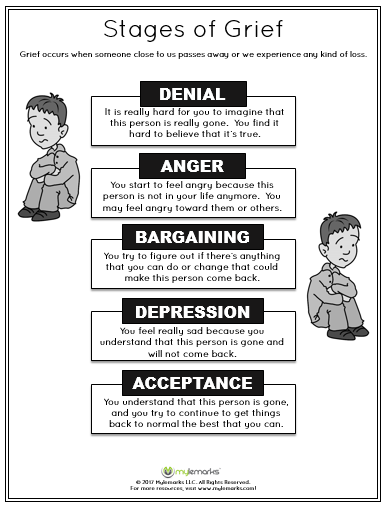
Regular physical activity is an important part of a healthy lifestyle. Participating in social activities with friends and peers allows adults to stay fit and active while having fun. Additionally, social activities can help to reduce the risk of developing certain health conditions such as heart disease and obesity.
3. Social BenefitsSocial activities provide an opportunity for adults to connect with peers and make new friends, and socializing regularly can quickly expand your network and help you create meaningful career connections. Participating in recreational activities also helps to build relationships, create bonds, and increase one’s social circle. Building a strong social circle can help to improve one’s overall mental health as well as provide a source of comfort and support.
Social Activity Ideas For AdultsThere are many types of activities that adults can enjoy in a group setting.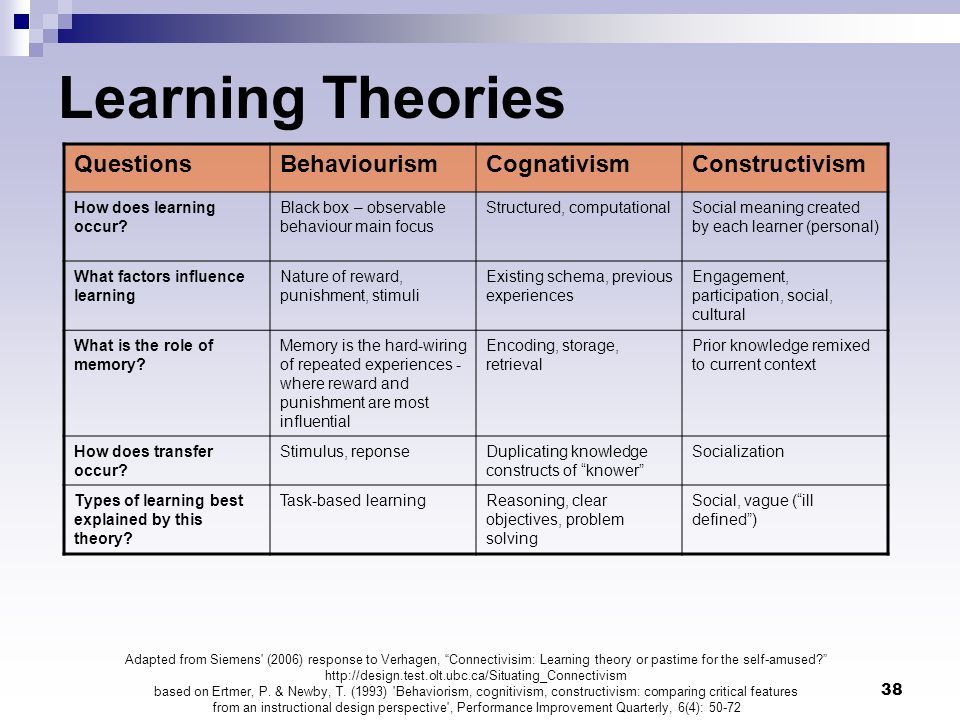 It is important to find activities that are enjoyable and stimulating, as this will help to ensure a successful experience. From physical exercise to creative expression, there is something out there for everyone.
It is important to find activities that are enjoyable and stimulating, as this will help to ensure a successful experience. From physical exercise to creative expression, there is something out there for everyone.
Team sports such as soccer, basketball, and softball provide an opportunity for people to exercise and have fun with friends. Sports are an often overlooked option for adults looking to build a social circle but they can be one of the best ways to stay active while connecting with peers.
2. Individual SportsIndividual sports such as running, swimming, and biking can be enjoyed alone or in a group setting. These kinds of activities are great for those who are looking to improve their physical fitness or just want to get out and explore the outdoors.
3. Competitive LeaguesJoining competitive leagues such as basketball or softball can provide an opportunity to meet new people and stay active.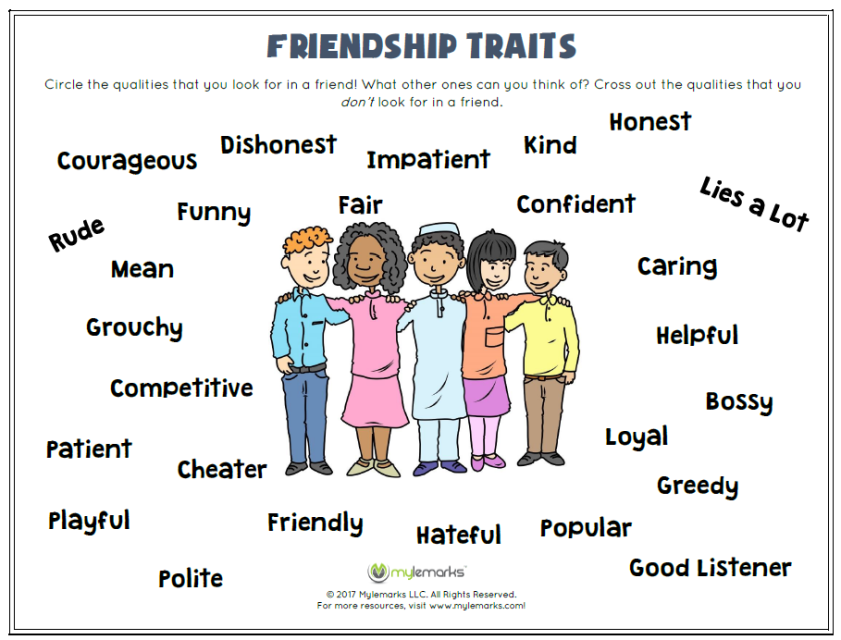 There are amateur and semi-professional leagues that can be found in most local communities.
There are amateur and semi-professional leagues that can be found in most local communities.
Creative pursuits such as painting, drawing, and sculpting can be a great way to express oneself while socializing with others. Art classes are a great opportunity to build relationships, find solace and expand your social circle.
5. GamingTabletop or video gaming can be enjoyed in group settings with friends or online and offers a great way to stay connected and have fun. Board game nights are also popular social gatherings, especially for adults who want to challenge their cognitive abilities.
6. CookingLearning how to make delicious dishes in the company of others can be a great way to bond and pick up new skills. Cooking is a life skill that can also be useful for entertaining guests or hosting dinner parties.
7. GardeningPlanting, weeding, and growing flowers or vegetables is a great way to connect with nature while connecting with others.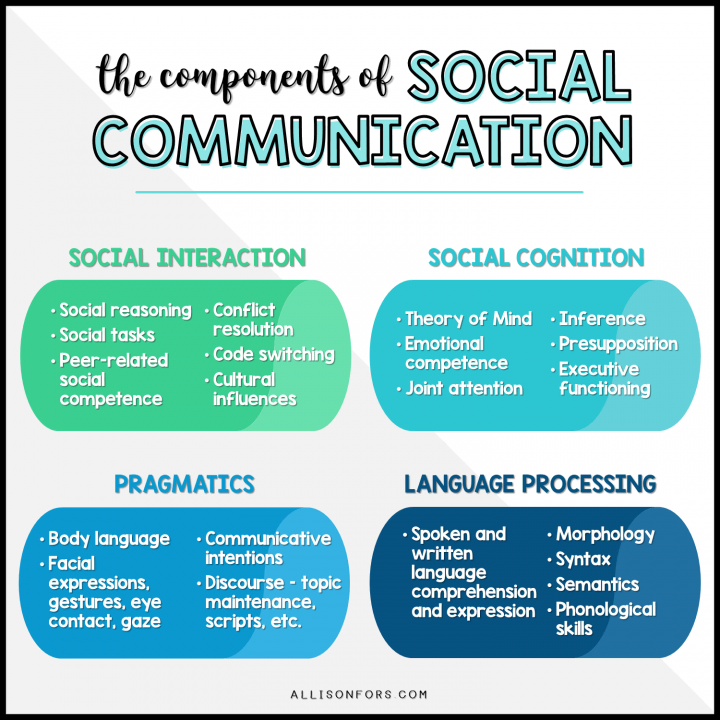 Community gardening is also a popular social activity that can help to bring people together.
Community gardening is also a popular social activity that can help to bring people together.
Hosting or attending parties is an excellent way to meet new people and have a great time. Whether it’s a birthday, holiday, or just for fun, parties are always a good idea. It’s not always about the food, drinks, and music – it’s about the people you get to spend time with.
9. MeetupsJoining local meetup groups can help to connect with people who have similar interests. From book clubs to painting classes, there is something for everyone. During the pandemic, many meetups moved online, allowing people to stay connected from the safety of their homes.
10. ConcertsAttending live music performances such as concerts or festivals can be a great way to get out and enjoy some music with friends. It’s also a great way to experience the culture and energy of a city.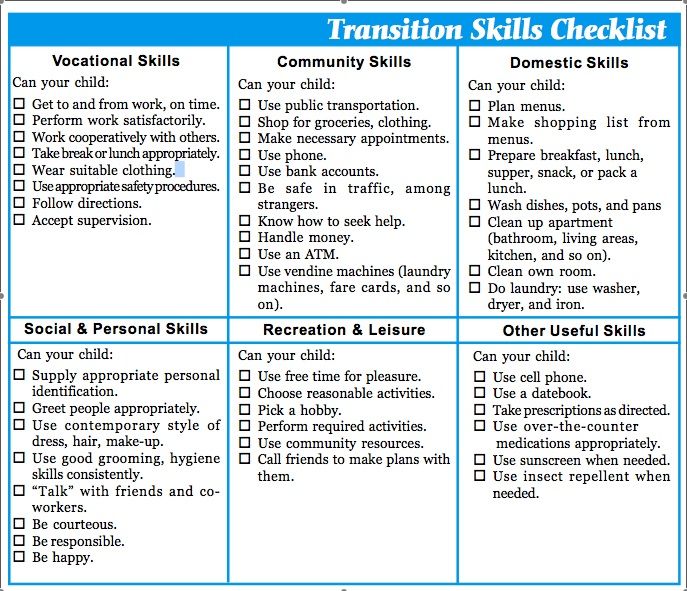 Meeting people at these kinds of events can be a great way to network and make new connections.
Meeting people at these kinds of events can be a great way to network and make new connections.
Organizing a group activity can be a great way to get people together and enjoy some quality time. Whether it’s a sports game, painting class, or music festival, there are plenty of activities that adults can enjoy in a social setting.
These types of activities can be especially beneficial for older adults and introverts, who may feel isolated or disconnected. Remember that socializing and leisure activities are an important aspect of overall health and well-being, so don’t be afraid to try new things and participate in activities that bring joy and connection to your life.
1. Find an ActivityResearching and finding the perfect activity for the group is key. Depending on the interests of the group, there are a variety of activities to choose from. Whether it’s something physical such as a 5K run or something creative such as painting pottery, there is something out there for everyone.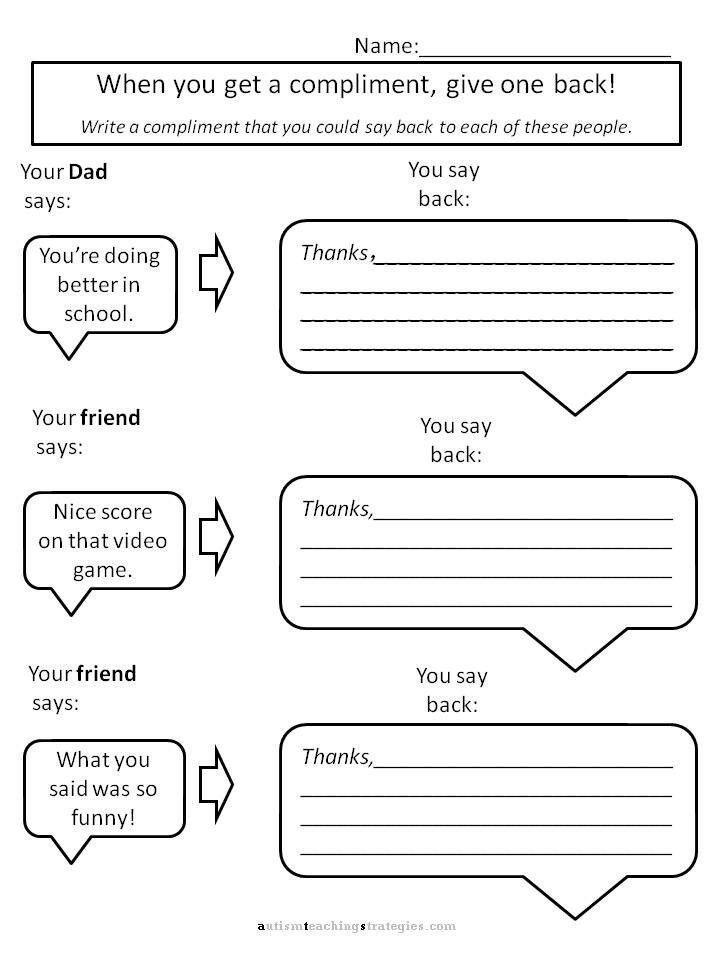
Once an activity has been chosen, it’s important to organize the group. This can involve scheduling a date and time, deciding how many people will be attending, and setting up transportation if necessary. It’s also important to create an inviting atmosphere that encourages everyone to participate in their chosen activity.
3. Plan an ItineraryCreating a plan of what activities will take place before, during, and after the event is important. This can help to provide structure and keep everyone on track. It’s also helpful to plan for any potential problems that could arise, such as bad weather or late arrivals.
4. Gather SuppliesDepending on the activity, there may be certain supplies needed for the group event. This could include food and drinks, sporting equipment, or craft supplies. It’s important to have an accurate count of how many people will be attending to make sure that everyone has the necessary supplies.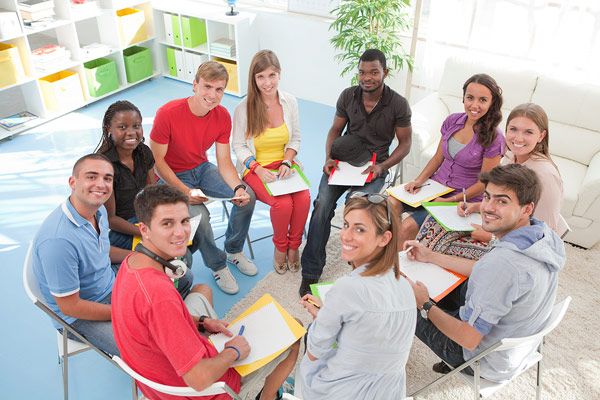
It’s important to consider any financial costs associated with the chosen activity and plan accordingly. This could include purchasing tickets, renting a venue, or paying for food and drinks. It’s also important to make sure that everyone who is planning on attending has the necessary funds available.
Organizing social activities can be a great way to get people together and have some fun. Whether it’s a sports game, craft night, or music festival, there are plenty of activities to choose from. With careful planning and organization, everyone can have an enjoyable experience while building meaningful connections with others.
Start Getting Social TodayWith the pandemic and lockdowns, many adults have found it difficult to keep social relationships and stay connected with friends and family. Fortunately, there are still plenty of ways to socialize even when staying at home. Virtual activities such as virtual game nights, movie nights, and group fitness classes are all great ways to stay connected with those you care about while being safe.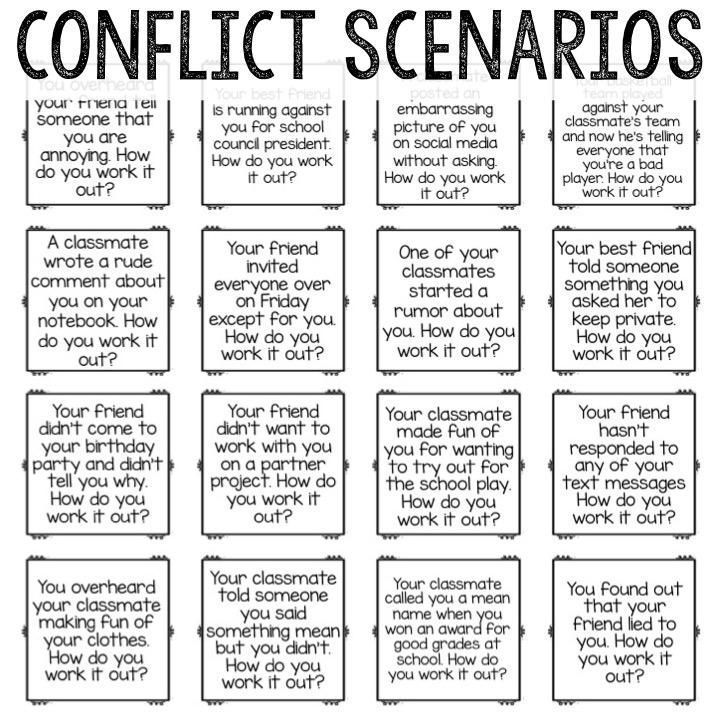
Maintaining strong social relationships and engaging in social activities can have numerous positive effects on physical and mental health. For one, research has shown that socializing and participating in recreational activities can help to reduce the risk of developing certain chronic illnesses, such as heart disease and dementia. In addition to the physical health benefits, socializing and embracing social situations can also improve mental health by reducing the risk of developing mental disorders such as depression and anxiety.
Many cities have a variety of social activities for adults, from sports leagues to charity walks and even art classes. Many cities also have a plethora of outdoor activities such as hiking, biking, and running that can be enjoyed with friends or family. Volunteering can be a great way to stay socially active while also giving back to the community. Not only does volunteering provide an opportunity to meet new people and make a difference, but it can also be mentally stimulating.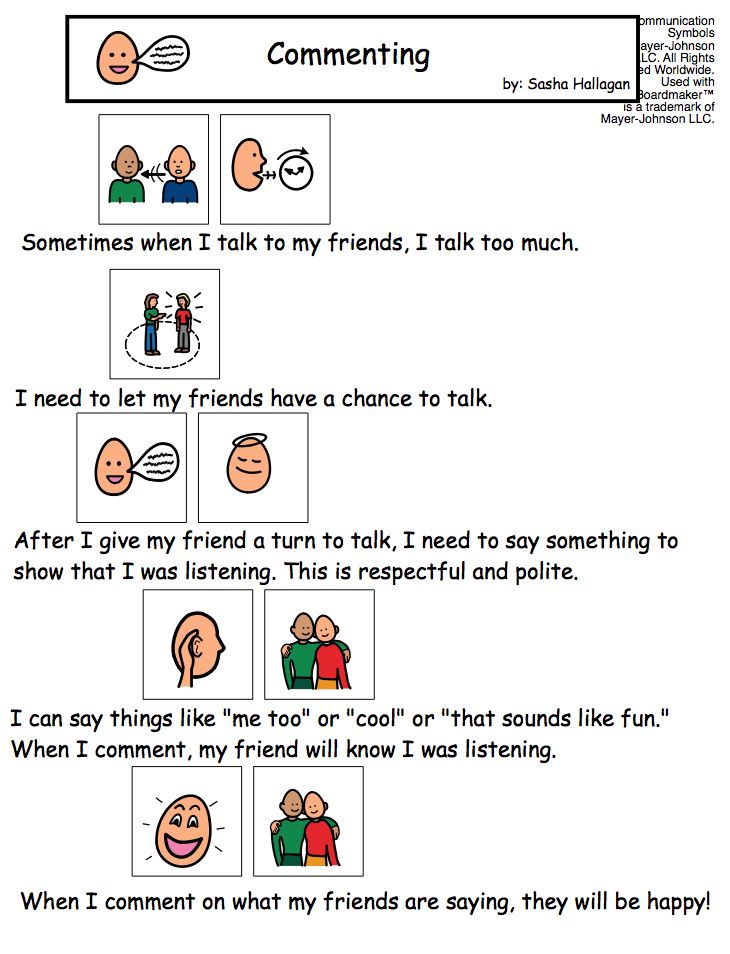
Whether you choose to volunteer at a local food bank, help out at an animal shelter, or tutor a student in need, volunteering can be a great way to stay socially active and make the world a better place. No matter what type of social activity they choose to participate in, it is important for adults to recognize that finding activities that bring joy and fulfillment to your life can help foster positive mental and physical health, as well as build meaningful relationships.
How Jaunty Social Skills Training Services WorkWe’ve made the process of mastering social skills simple.
Here’s how to get started with us:
- Step 1: Complete our form to let us know your needs.
- Step 2: If we’re a good fit for each other, you can set up a call to discuss our service and pricing with you.
- Step 3: We have two services, and they can work together: The Six-Week Masterclass and The Jaunty Gym.
If you’ve been wanting to improve your social skills but haven’t had the time to commit, or have had bad experiences in the past, fill out our form to learn more about your options.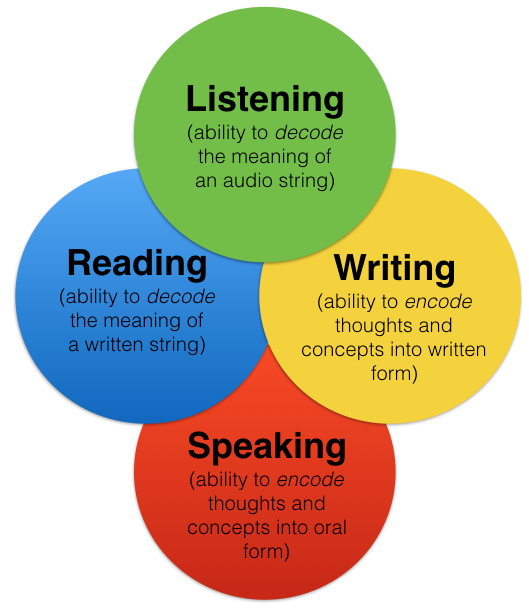 Regardless of where you are socially we have found that anyone can improve their social skills and their social life. You can try it out for a month or two and see how you like it. For testimonials from our clients, check out our success stories.
Regardless of where you are socially we have found that anyone can improve their social skills and their social life. You can try it out for a month or two and see how you like it. For testimonials from our clients, check out our success stories.
10 Helpful Activities & Games
Have you ever met someone brimming with confidence and communication skills, and thought to yourself, ‘I want to be like them‘?
Social skills can be like second nature, performed effortlessly by some. Other people struggle and feel awkward and out of place, with even basic skills.
This article will explain how well-planned group work can enhance social skills through games and role-play. Practice makes perfect.
Repeated exposure to these activities can support your clients to lead a more positive and fulfilling life in all life domains.
In this article, we will explain the advantages of social skills training in a group setting, ideas of how to support such a group, and various games and role-play activities.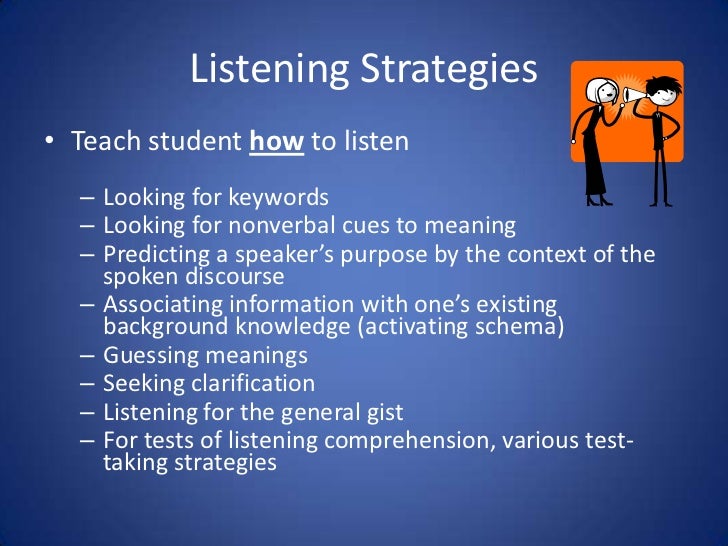
Before you continue, we thought you might like to download our three Positive Relationships Exercises for free. These detailed, science-based exercises will help you or your clients build healthy, life-enriching relationships.
This Article Contains:
- Social Skills Training in Groups Explained
- Lesson Plans & Ideas for Support Groups
- 5 Helpful Games & Activities
- 5 Role-Play Activities
- PositivePsychology.com’s Useful Tools
- A Take-Home Message
- References
Social Skills Training in Groups Explained
Social skills training (SST) helps individuals improve their social behavior and interactions with others. These interventions focus on both verbal and nonverbal communication (Reichow & Volkmar, 2010).
SST is used in special education, Cognitive-Behavioral Therapy, and even relationship therapy (Beidel et al., 2014). Since SST is also often offered in groups, it begs the question:
How are these groups run precisely?
Key components of SST groups
There is not a standardized format for these training groups.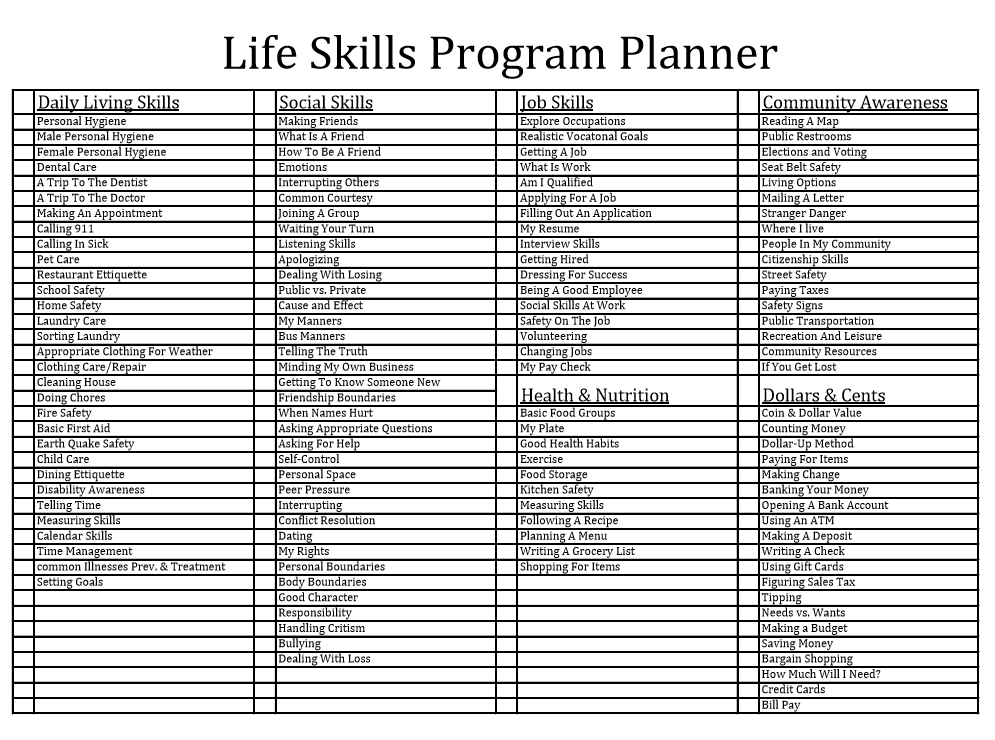 They may comprise between two to six individuals. The groups can be focused on children, adolescents, or adults.
They may comprise between two to six individuals. The groups can be focused on children, adolescents, or adults.
SST tends to last around 12 weeks but may be shorter or longer (Reichow, Steiner, & Volkmar, 2012).
SST groups have several facilitators, which may be psychologists, youth workers, counselors, therapists, or teaching staff. Parents or caregivers can also receive appropriate training to deliver skills to a younger group of children and adolescents (Reichow et al., 2012).
SST groups aim to teach positive social behaviors, verbal and nonverbal communication, interactions, and skills. The groups provide a caring environment where people can learn from encouragement, experience, and practice (Harrell, Mercer, & Derosier, 2009).
Social skills can be developed in the group sessions but should be practiced between sessions to enable success. Those attending the groups need to be willing participants.
SST involves many tasks and activities. There is often work around social competence, problem solving, perspective taking, discussion, friendship skills, theory of mind, and recognizing emotions (Dubreucq, Haesebaert, Plasse, Dubreucq, & Franck, 2021).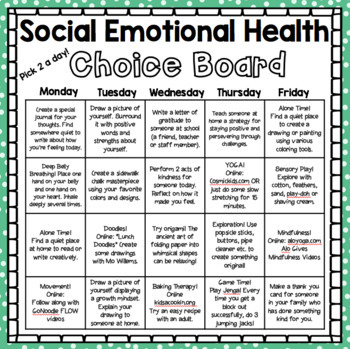
Setting up the group
Participants
The participants of an SST group can be anyone who is negatively affected by feeling different from others, such as an adult with mental health difficulties or a child with autism.
Group members need to be matched in terms of emotional, social, and behavioral needs. If the group members have individual areas of strength, they can act as positive models for other group members.
Time
The group needs to meet at a convenient day and time for all to attend. This should be on the same day each week. Routine helps to cement the importance of the group with a definite time and place in the weekly calendar.
Meeting place
The group needs to meet in a space solely for them, not shared with other activities. The venue should provide confidentiality and security, where the group must not be interrupted, watched by others, or overheard.
Setting up the room
The room needs to be set up in the same manner each time to avoid wasted time and distractions.
A circle of chairs should be organized for the group participants to sit. This enables a safe permeable space with an inside and an outside, allowing focus to shift from person to person.
Rules
A poster of the group rules should be displayed each week. Group members must decide on the rules so they feel they have ownership of them.
The consequences of breaking the rules should also be discussed and agreed upon with group members so they do not feel discriminated against if rules are applied.
Lesson Plans & Ideas for Support Groups
The following lesson plans and ideas have been loosely adapted from the resources available on social skills from study.com, an online resource for teachers and students.
Each session of an SST group needs to be planned to ensure the group runs well and has a focus. If lessons are not well structured and don’t have a well-planned outline, then members may drop out.
Lessons plans and ideas can incorporate the following topics.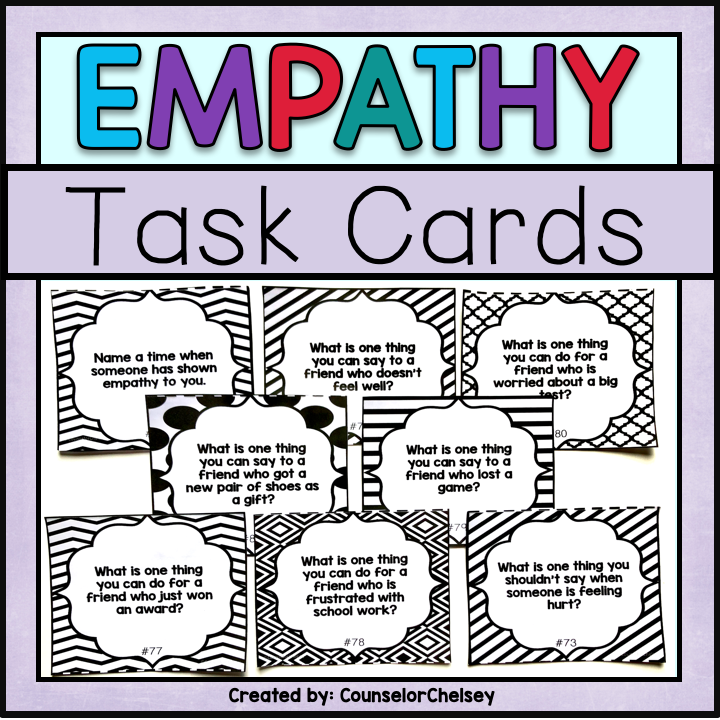
Importance of social skills
This lesson could outline how strong social skills can improve confidence, relationships, and friendships. Improved engagement in education, work, and recreational activities should also be shared in discussion.
The group can also discuss mental and physical health improvements. A short video can help the group understand the importance of good interpersonal skills.
Sharing
A lesson plan for learning how to share can be based on a brainstorming session on sharing. What does it look like or not look like? The group organizers can demonstrate real-life examples. This may include scenarios about sharing food, ideas, or books.
Scenarios about sharing passwords, revealing or embarrassing requests, and personal and sensitive information are also important. These will illustrate to group members what is not considered good sharing.
Taking turns
People who lack social skills may not understand appropriate turn taking. They may not know how to pay attention to what is going on.
They may not know how to pay attention to what is going on.
This lesson plan can make use of a jigsaw puzzle and can be helpful for children and adolescents. Each person is given a piece of the puzzle, then they pay attention and wait their turn.
The same can be done with a question-and-answer debate for older groups. Each person is given a sticky note with a number indicating their turn to answer a question.
This lesson will emphasize manners, politeness, and eye contact. This can also be undertaken in role-play activities, discussed later.
Making friends
A lesson plan for teaching the concept of friendship can begin with a brainstorming session of good character traits valued in friends. Three small groups can be formed to do this. Their answers can be shared to note similarities and differences.
A discussion can take place about the role of friends in life. A good discussion point is also the importance of friends and why certain character traits in friends may not be good.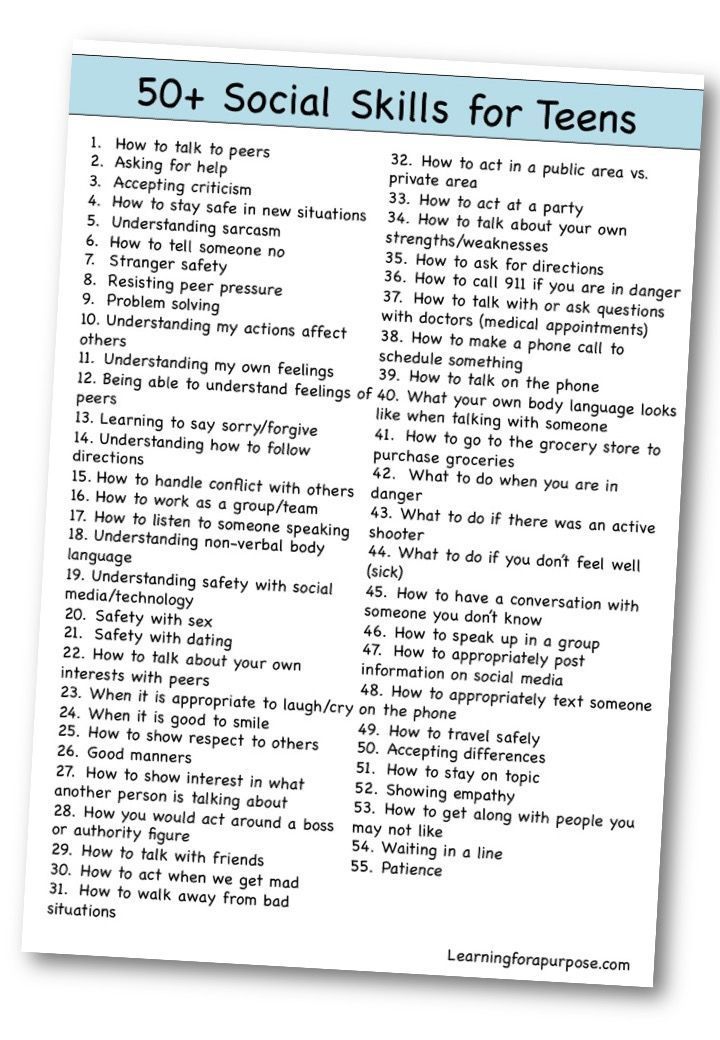
Group members can watch a video to highlight the importance of friendship.
Empathy
Empathy has an essential role in improving social skills and relationships with others (Bellet & Maloney, 1991). This lesson can focus on differentiating empathy from sympathy using psychological definitions.
This can be followed by a discussion of emotions and their importance in relationships.
Improving eye contact
Eye contact is an important aspect of nonverbal communication (Bellet & Maloney, 1991). Good eye contact helps to build relationships and pick up on nonverbal communication from others. It helps to keep the attention of others, too.
A suitable method for promoting eye contact in group sessions is to place a colored sticker between the eyebrows. This can be undertaken for all group members, drawing attention to the eyes of others when talking.
Understanding body language
A lesson focused on body language activities can be beneficial in improving social skills.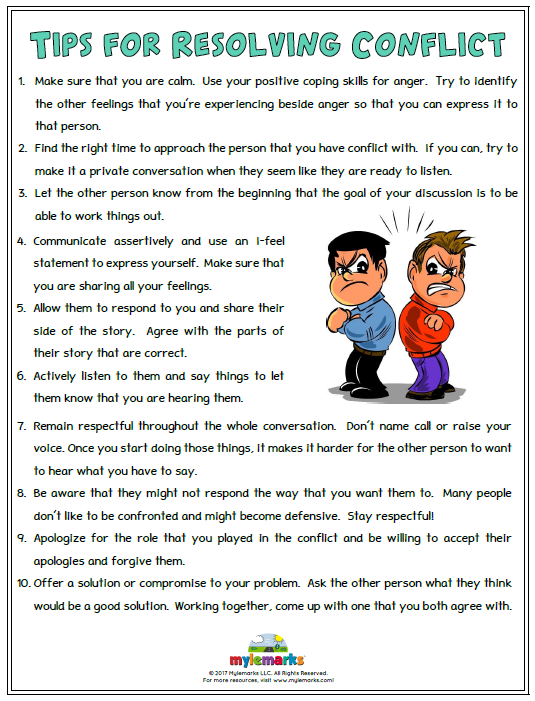 In this lesson, group members can learn about cues that they can later master themselves.
In this lesson, group members can learn about cues that they can later master themselves.
Body language uses subtle skills (Tipper, Signorini, & Grafton, 2015). When it is lacking, it gives a signal of being uncommunicative.
One idea for an activity is a mismatch of behavior and emotion. The group facilitator can pick a somber topic and discuss this with a smile, laughter, and excitement. The group members may feel disturbed over such behavior teamed up with a sad topic. This activity can end with the group leader explaining that body language needs to match the mood.
Download 3 Positive Relationships Pack (PDF)
By filling out your name and email address below.
5 Helpful Games & Activities
There are several fun therapy games and activities that can develop good social skills. These can be repeated again and again to improve your client’s confidence.
The blindfold walk
This is a fun game that can be played with all ages and groups.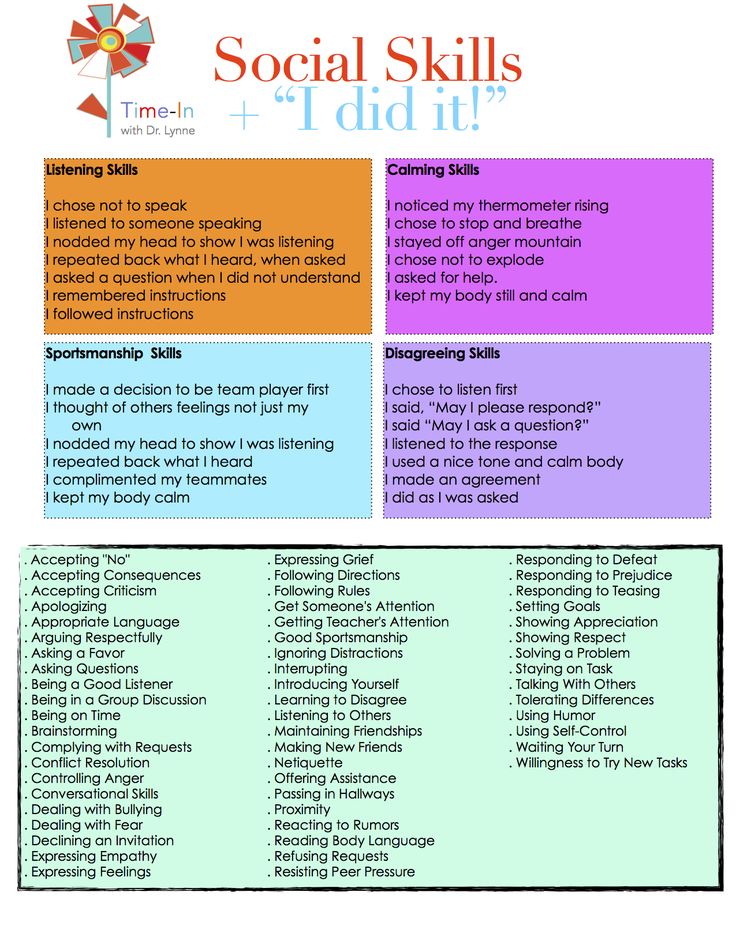 To do it, you’ll need a blindfold, several obstacles (chair, stool, table), open space to move in, and some musical instruments.
To do it, you’ll need a blindfold, several obstacles (chair, stool, table), open space to move in, and some musical instruments.
The group members work in pairs: a leader and a follower. The follower is blindfolded, and the leader guides them. The rest of the group makes noise with the instruments to guide the follower.
There should be no talking in this game. A different instrument sound will indicate a different way to walk (left, right, backward, or straight ahead). Adding a timing element to the task makes it even more exciting to see which couple finishes quicker.
As the couples have to work together, this game also promotes cooperation, active listening, problem solving, and trust in social interactions.
Introduction game
Introducing yourself to another person can be very anxiety provoking for someone with little confidence. People with poor social skills may not know how to do this. An introduction can be fun and build trust, a sense of identity, and belonging.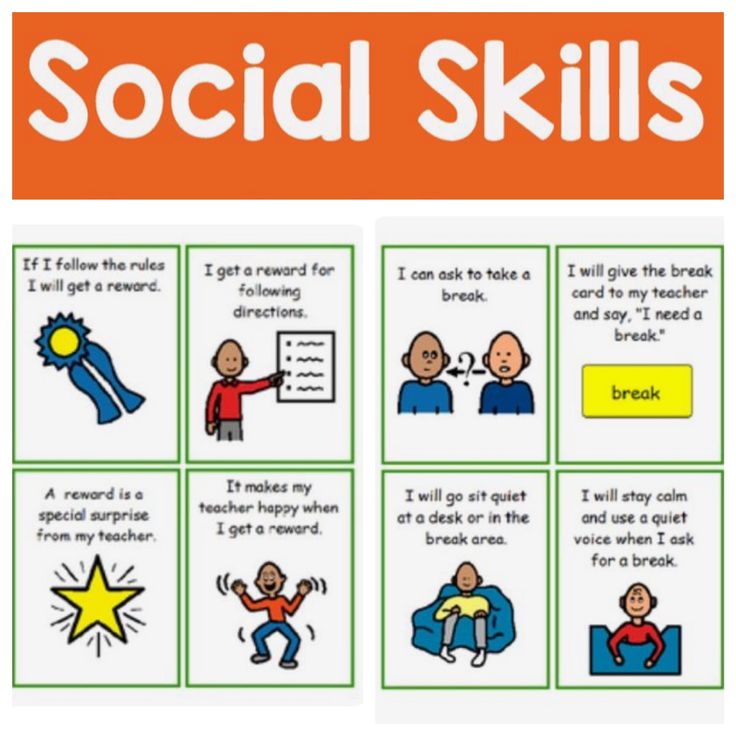
In the introduction game, all group members say their name followed by an action, such as two taps of the foot and a bow. Then the other members repeat the person’s name and the action. This continues (adding consecutive names and actions as you go, or not) until everyone has had a turn.
Two truths and a lie
Another easy group game involves each person telling two truths and one lie about themselves, such as ‘I was born in Germany; I love to eat spaghetti; I cycle 10 miles every week.’ Everyone else has to work out which statement is the lie.
Character analysis
The character analysis activity involves groups of three to four members discussing a character in a book or a movie. The group facilitator will provide the group with a book or a movie to watch and identify the character to discuss in smaller groups.
Group members will need to discuss the character’s traits, strengths, difficulties, and how the character changes over time. Each small group prepares a brief presentation that outlines how the character has demonstrated good and poor social skills and has (or hasn’t) improved.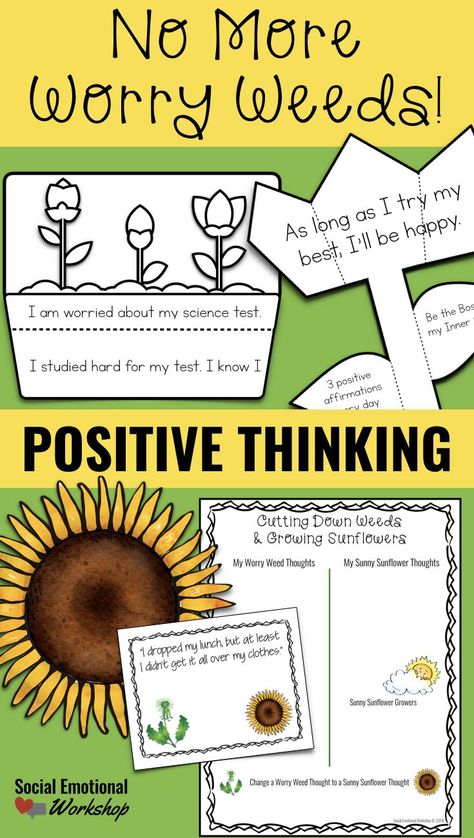
You have something I would like
This activity involves requesting something. The activity can include group members being split into pairs.
One of the group members has an object, like a ball or a book. The other group member has to persuade the person with the object to give it to them. This activity focuses on using persuasion techniques, politeness, and compliments to gain the item. This activity allows group members to experience emotions involved in social interactions, such as pleasure, rejection, happiness, and sadness.
5 Role-Play Activities
Role-play is a great way to practice social skills and communication with others in a safe manner.
Role-play is undertaken in a neutral environment and allows group members to test out a situation. Group members can consider different perspectives, develop empathy, solve problems, and explore new ideas.
The following five role-play activities can be used within groups to promote social skills.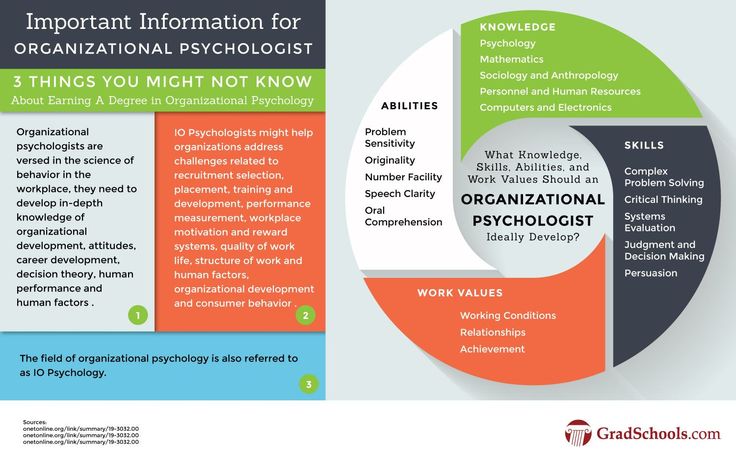 These are adapted from the social skills training program from the Center for Clinical Interventions for people with mental health difficulties.
These are adapted from the social skills training program from the Center for Clinical Interventions for people with mental health difficulties.
Walking your dog
In this role-play, one group member pretends they are walking their dog and bumps into another dog walker they do not know. The two dogs appear to like each other. The first dog walker has to play an active role and ask questions of the second dog walker.
The facilitator can intervene when needed and ask open-ended questions to draw the conversation out. This activity shows group members how to start a conversation with new people and allows friendships to develop from new encounters.
Meeting an old friend
This role-play involves a group member going into a restaurant and seeing someone they have not seen for a long time. The other person asks if they would like a coffee, and then the two sit down to catch up.
The group member needs to ask questions about what the old friend has been doing since they saw them last.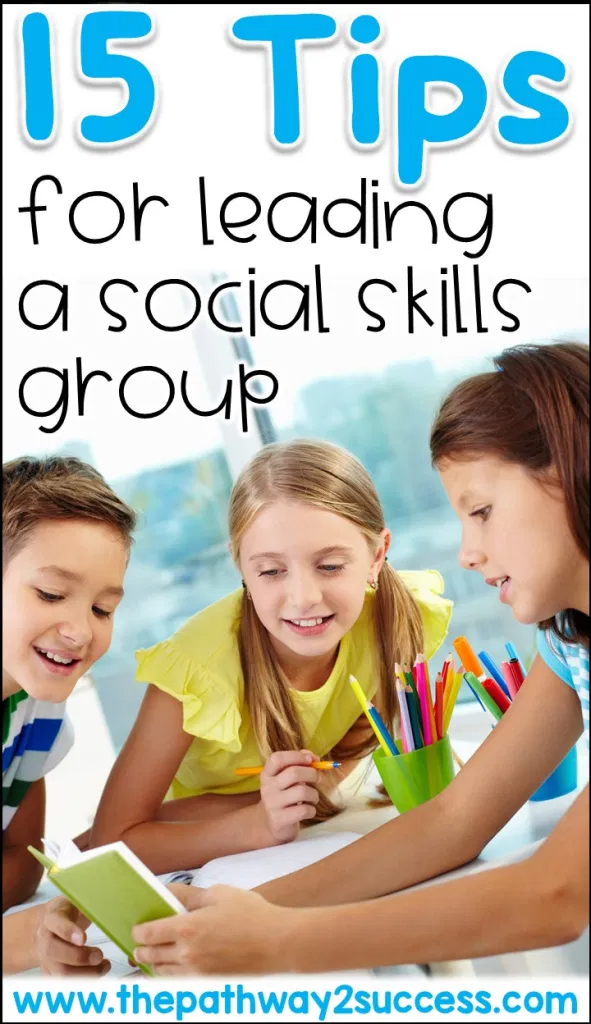 There will be a mix of good and bad news. This will test the group members’ listening skills and ability to hold a conversation, respond appropriately with empathy if there is bad news, and use paraphrasing skills.
There will be a mix of good and bad news. This will test the group members’ listening skills and ability to hold a conversation, respond appropriately with empathy if there is bad news, and use paraphrasing skills.
Ability to say no
People with poor social skills often lack assertiveness (Ames, Lee, & Wazlawek, 2017). This role-play tests the ability to say no. The group member pretends a persuasive seller approaches them. This role-play tests the group members’ ability to refuse politely, resist persuasion, assert themselves, and leave the situation.
Plans for Friday night
This role-play involves planning to go out on Friday night with a friend, coordinating plans and weighing options. This activity tests listening skills and compromise when reaching an agreement.
Making friends in a new job
Another role-play practices initiating conversation and communication skills with an unfamiliar person using the ARE method: anchor, reveal, and encourage (Fleming, 2013).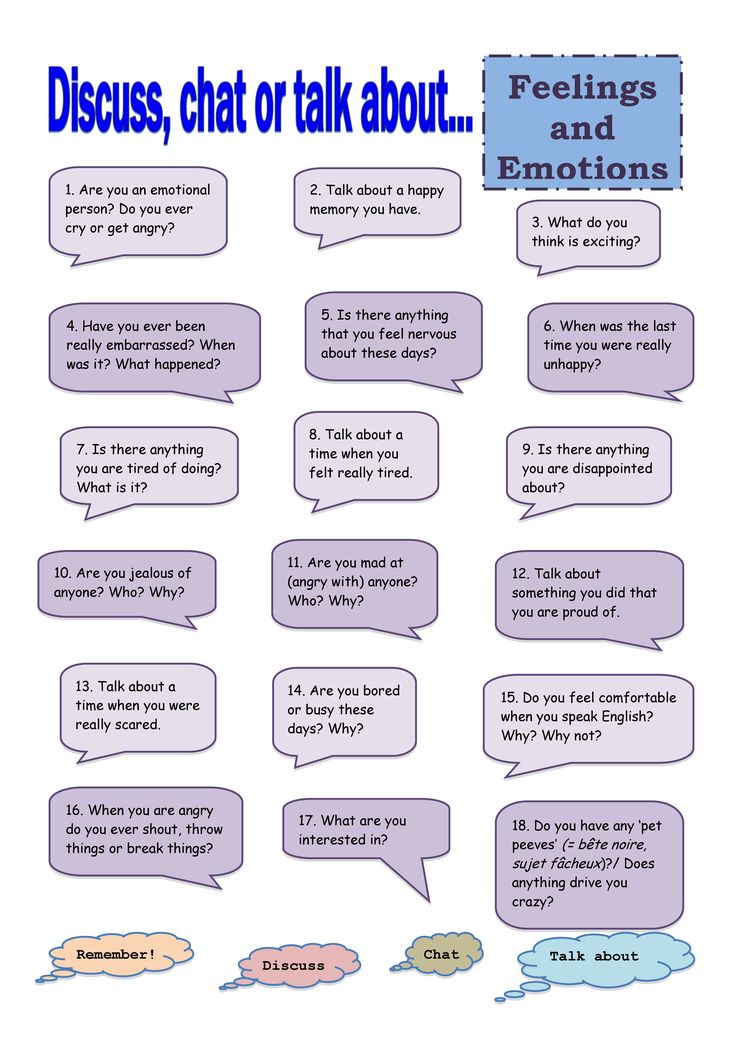
This role-play concerns starting a new job and wanting to get to know colleagues and make friends. The group member imagines walking into work one morning and initiating conversation with a new colleague. The group facilitator can intervene with additional questions to combat silence.
PositivePsychology.com’s Useful Tools
At the core of improving social skills is building positive relationships and increasing emotional wellbeing.
The Positive Relationships Masterclass is a powerful tool to help others move toward increasing their life satisfaction. Through this masterclass, you will learn about the fundamental principles of relationships and how to help others establish the key skills of building supportive connections with others.
If you have enjoyed reading this article, you may wish to look at Social Skills Training for Adults, an article that also has strategies and training ideas for developing social skills in adults. The article contains interesting videos and podcasts that can demonstrate social skills being tested out in different situations.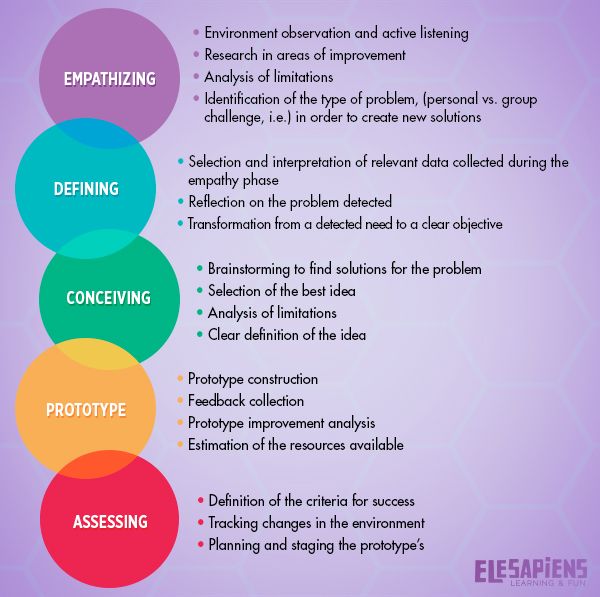
The Social Skills Training for Kids article can be beneficial if you are working with toddlers, children, or teenagers. It includes several lesson plans, activities, and online and board games you can use to enhance their social skills.
If you’re looking for more science-based ways to help others communicate better, this collection contains 17 validated positive communication tools for practitioners. Use them to help others improve their communication skills and form deeper and more positive relationships.
The following social skills worksheets are also useful for improving social skills:
- Starting a Conversation – The ARE Method
Initiating conversations with new people can be difficult. The ARE method described earlier is a helpful way of doing this. This worksheet provides examples of how this method can be used to enhance a normal conversation. It can be incorporated into role-play and social skills lessons. - Different Ways to Say ‘No’ Politely
If you want to help clients who are struggling to assert themselves and say ‘no’, this is the ideal worksheet.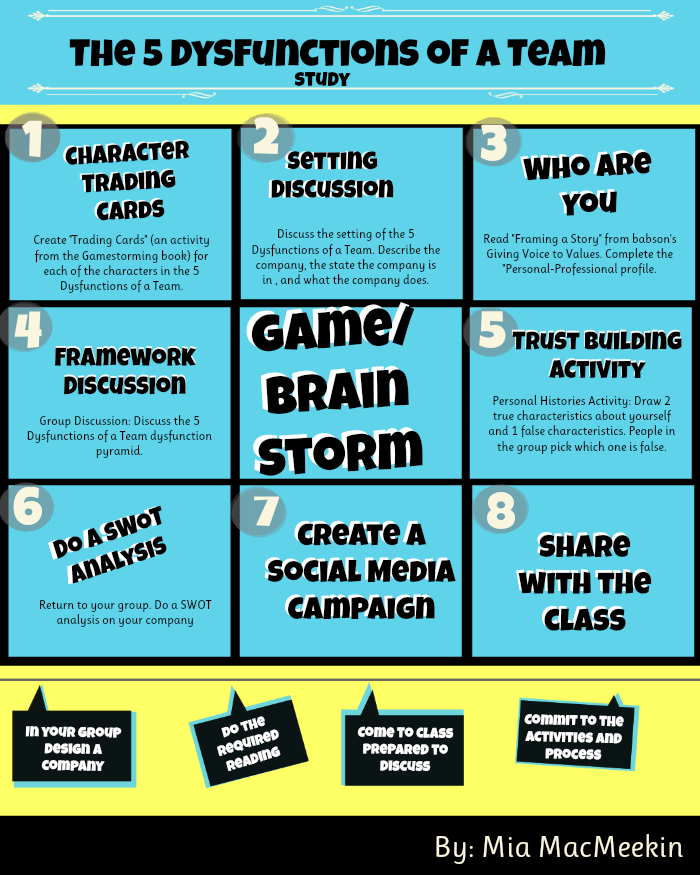 It will help your clients practice setting boundaries and limits effectively.
It will help your clients practice setting boundaries and limits effectively.
A Take-Home Message
We often take social skills for granted, but it certainly does not seem like second nature to some. You may have recognized this in some of your clients.
All is not lost. They can be trained to learn these skills again, and with practice, your clients can experience a more fulfilling life.
This article has shown you how the supportive nature of SST groups can work wonders to facilitate growth and development and improve interpersonal connections.
After reading this article, I hope you agree that these groups are packed full of fun ideas, activities, and role-play. Clients, whether they are young or old, will thoroughly enjoy taking part in these groups. They are theatrical, and clients may see them more like pleasure and recreation than hard work.
We encourage you to explore some of these activities together with your clients. The games, role-play, and exercises will go far to create interesting sessional work and enable your clients to improve their quality of life.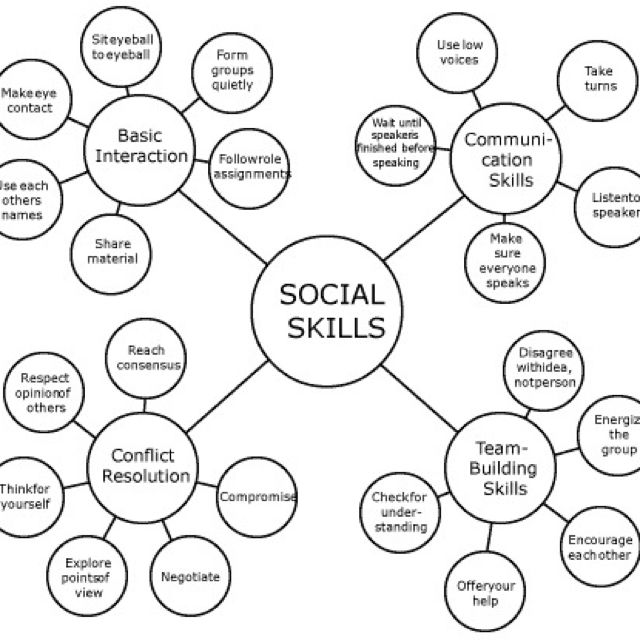
We hope you enjoyed reading this article. Don’t forget to download our three Positive Relationships Exercises for free.
- Ames, D., Lee, A., & Wazlawek, A. (2017). Interpersonal assertiveness: Inside the balancing act. Social and Personality Psychology Compass, 11(6), 1–16.
- Beidel, D. C., Alfano, C. A., Kofler, M. J., Rao, P. A., Scharfstein, L., & Wong Sarver, N. (2014). The impact of social skills training for social anxiety disorder: A randomized controlled trial. Journal of Anxiety Disorders, 28(8), 908–918.
- Bellet, P. S., & Maloney, M. J. (1991). The importance of empathy as an interviewing skill in medicine. JAMA, 266(13), 1831–1832.
- Dubreucq, J., Haesebaert, F., Plasse, J., Dubreucq, M., & Franck, N. (2021). A systematic review and meta-analysis of social skills training for adults with autism spectrum disorder. Journal of Autism Developmental Disorder. Advance online publication.
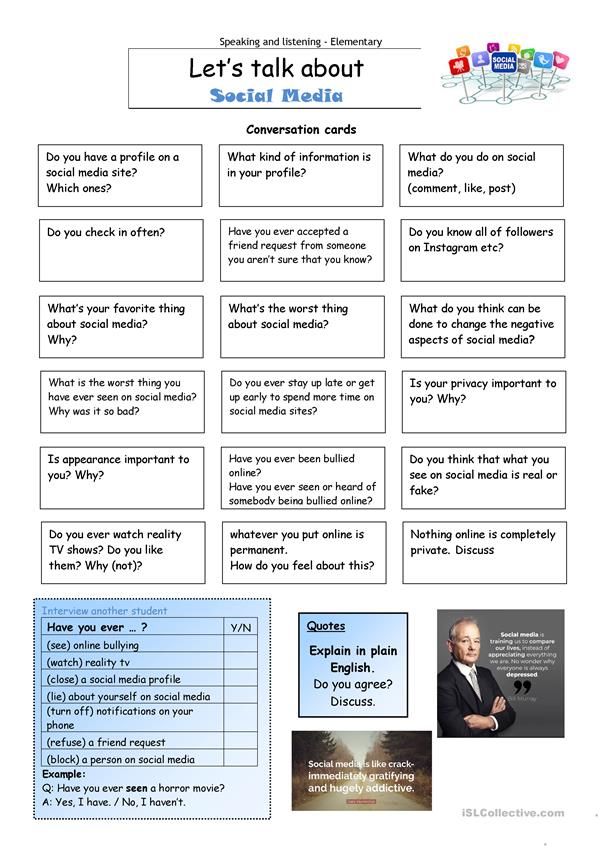
- Fleming, C. (2013). It’s the way you say it: Becoming articulate, well-spoken and clear (2nd ed.). Berrett-Koehler.
- Harrell, A., Mercer, S., & Derosier, M. (2009). Improving the social-behavioral adjustment of adolescents: The effectiveness of a social skills groups intervention. Journal of Child and Family Studies, 18(4), 378–387.
- Reichow, B., Steiner, A. M., & Volkmar, F. (2012). Social skills groups for people aged 6 to 21 with autism spectrum disorders (ASD). Campbell Systematic Reviews, 8(1), 1–76.
- Reichow, B., & Volkmar, F. (2010). Social skills interventions for individuals with autism: Evaluation for evidence-based practices within a best evidence synthesis framework. Journal of Autism Developmental Disorder, 40, 149–166.
- Tipper, C. M., Signorini, G., & Grafton, S. T. (2015). Body language in the brain: Constructing meaning from expressive movement. Frontiers in Human Neuroscience, 9, 450.
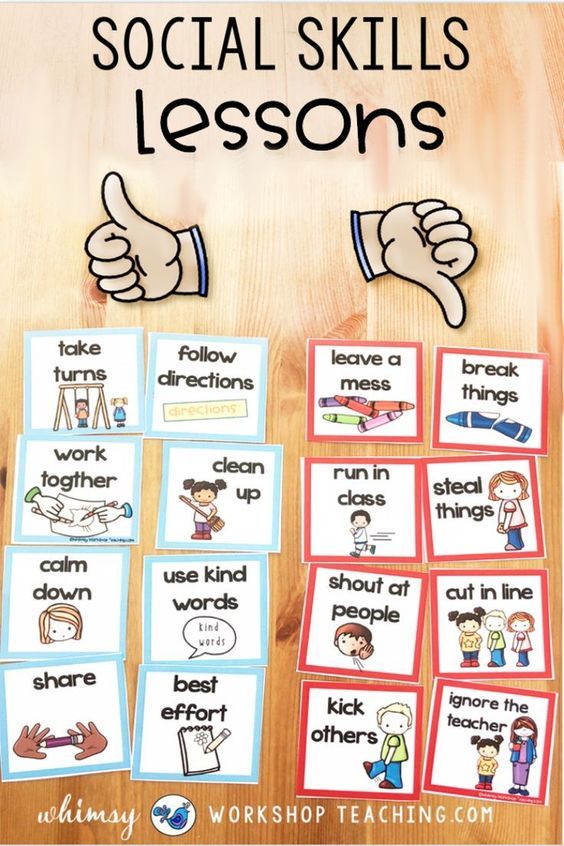
Group Psychotherapy - Psychological Bulletin (February 2022)
№2 / February 2022/
Content:
- Group psychotherapy. What is this?
- Psychoeducation - as the basis of a group session
- Where to begin?
- Bulb and pearl
Group psychotherapy. What is this?
Group lessons are the ideal form of learning. We are social individuals, so being in a group allows you to improve your social skills, learn from the experience of others, practice with other people, gain confidence and increase self-esteem. Through interaction, we improve important life skills. A therapy group is a platform where a person develops and applies what has been learned, feeling supported and receiving feedback.
A group environment not only promotes the development of social skills and the ability to find a common language with other people, but also stimulates self-knowledge and personal growth.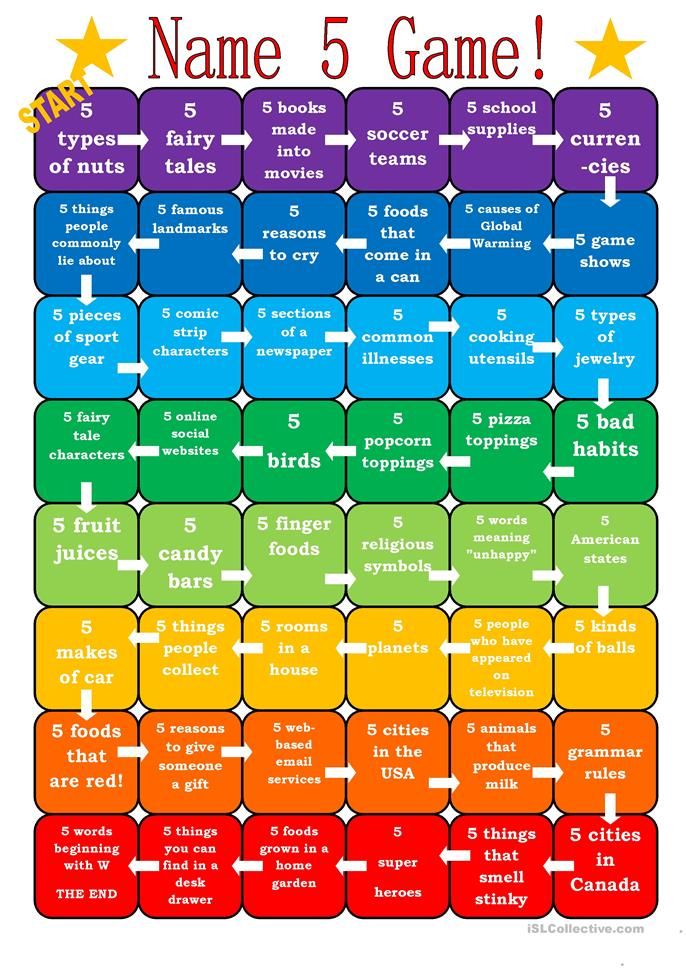 Believe it or not, personal development usually does not happen in isolation, but in an environment of communication and support.
Believe it or not, personal development usually does not happen in isolation, but in an environment of communication and support.
In this issue, you will learn about various techniques and methods of group work with beneficiaries. With their help, group members will learn important and useful therapeutic ideas and will be able to improve their lives. While all of the tips are presented as ideas for a group, many of them apply to individual psychotherapy as well. Handouts, worksheets, and even many of the mini-lessons and exercises will be quite appropriate in individual sessions with adults and children.
Psychotherapists provide more than support and advice. They will not only listen to the client and sympathize with him, but they will also be able to teach him self-help skills. It is important to note that such training is not implemented in the form of instructions on what to do. On the contrary, in psychoeducation there is an initiative approach, in which the patient uses in practice certain skills acquired during classes.
Just as a music teacher does not expect a student to learn how to play the piano by learning how to read notes and what the signs on the key mean, so the psychotherapist does not expect the patient to begin to use a skill unfamiliar to him. The main progress is achieved through practice between sessions, so homework and practice in everyday life is the basis of psychoeducation.
By incorporating a variety of practical exercises, materials and creativity into your training, you help your beneficiaries begin to use the knowledge and skills they have acquired on their own.
The role of a team leader is very rewarding and inspiring if he has the right tools. Our goal is to provide you with a set of ideas that can be used to educate clients.
Psychoeducation as the basis of a group session
Theory
The psychotherapist, no matter what theoretical approach he adheres to, sets himself the task of not only listening and supporting, but above all educating the patient. Most popular psychological theories, including Cognitive Behavioral Therapy (CBT), Dialectical Behavioral Therapy (DBT), Mindfulness-Based Cognitive Therapy (CBT), and Acceptance and Responsibility Therapy (CBT), actively use teaching and learning methods in treatment. Many patients at the time of seeking therapeutic help are unable to cope with negative internal dialogue and difficult life problems on their own. They usually come to counseling without realizing that reproaches against themselves and labels attached to themselves are nothing more than fiction. For them, this is the real reality.
- Psychoeducation is not an attempt to tell a person what he should do. This is an attempt to give him useful knowledge and skills that he did not previously possess.
Practice
The following are some of the psychoeducational techniques that are useful in group work and examples of how to use them to develop communication skills.
Mini-lessons: basic introductory material.
Example: explaining the difference between assertive, passive and aggressive communication styles.
Group exercises: learning by doing through interactive.
Example: group members practice the assertive handshake to learn the importance of non-verbal communication in self-expression.
Handouts: Reading aids that teach life skills concepts.
Example : Handouts on three communication styles.
Worksheets: materials for developing life skills.
Example : Statement worksheets to switch from an aggressive "You-statement" to an assertive "I-statement".
Visualizations: relieving stress and dealing with negative emotions through psychological images.
Example : Creating an image of a successful and self-confident person during a speech or conversation with a colleague.
Metaphors and Comparisons: Objects, images or symbols that reflect life skills concepts and make learning interesting and memorable.
Example : Shake a soda bottle to demonstrate the negative effects of being passive and holding back negative thoughts. Ignoring our internal problems, we accumulate them, which then causes a surge of emotions.
Role play: group members practice interpersonal skills by playing the roles of significant people in their lives.
Example : You (or someone in the session) pose as a troubled family member, giving you the opportunity to practice communicating with him through feedback and mutual support.
Example: You (or someone else in the session) pretend to be a troubled family member, giving them the opportunity to practice communicating with them through feedback and mutual support.
Example : Session participants review handouts and worksheets, and practice assertiveness skills outside of the group.
The main advantage of group psychotherapy is that you can express your opinion and receive feedback, being in a favorable atmosphere among people like yourself. By discovering the universal nature of his difficulties, a person does not feel alone, but, on the contrary, feels supported by those around him. Group sessions create excellent conditions for the acquisition and application of life skills. This is an opportunity to teach patients how to deal with personal problems on their own.
Where to start?
To increase the maximum effectiveness of group sessions, you can use a number of organizational techniques.
The effectiveness of group psychotherapy mainly depends on the effective beginning and end of the session. In this tip, you will receive recommendations in the form of a checklist that will help you remember the most important components of the session.
Practice
Productive group sessions typically include most of the techniques below. For each session, mark the items that you plan to use at the beginning of the session.
- Discussing successes and challenges.
Take time for group members to share their successes and challenges over the past week - Discussion of the previous session.
It is often useful to "clean up the tails" from the last session, get feedback and resolve issues that have arisen. - Informal mood check.
Ask each group member how they feel today. You can do more formally and use a small test like the Burns questionnaire. - Checking homework.
It is important to check your homework at the beginning of each session, because that way you start to take it more seriously. It also encourages you to practice between sessions. It is better to first check the task with the whole group, and then it can be divided into subgroups or pairs to check everything in more detail. - A story about the lesson plan.
This will help participants navigate the topic of today's session. - Goal setting.
After you have outlined the lesson plan, invite participants to think of at least one personal goal per session. This can be done by simply asking each member of the group to complete the sentence in turn: “Today I would like to learn __________ or improve my skills in __________” - Self test.
If you have a session theme quick test, ask the group members to complete it. - A minute of awareness.
If you want to practice mindfulness within a group, the beginning of a session is the best time to do so. Remind participants of the importance of mindfulness. Do a short breathing exercise, create an image, or apply visualization.
These techniques will help to structure the lessons, making them more consistent. However, a session does not have to include all of the above elements, but the presence of most of them indicates its effectiveness. This checklist will allow you to understand whether the group is set up for the maximum result.
Bulb and pearl
Theory
Icebreaker games at the beginning of a session is an opportunity to build trust and connect with other group members. Visual metaphors engage the participant in the exercise without making them feel uncomfortable or in a difficult position. Even quiet people will find metaphorical visualization a fun way to express and reveal themselves.
Like many other exercises, metaphor exercises make it easier to express feelings and thoughts, as well as instill flexible and creative thinking, which helps to find new solutions to old problems.
Practice
Start with the metaphor of an onion and a pearl. You can use something like a pearl necklace and an onion to make the metaphor more realistic.
Explain to the participants that the image of the bulb reflects something unpleasant. Its layers represent hard life lessons. Purifying them, we find the solution.
Pearl is a metaphor for a rare and valuable find. It can be wisdom gained or something special that has been learned.
The group will be interested to know that the pearl actually comes from irritation and adverse conditions; it is formed in the shell of a mollusk after sand that irritates it gets inside. The reaction of the mollusk to a foreign body leads to the formation of pearls. You might want to point out that in a similar way, the trials and tribulations of our lives make us deeper, more empathetic, and more developed individuals.
After you have explained the metaphor, ask the group members to pass the pearl and onion around the circle, describing the week's events and challenges.
- This introductory exercise is well suited for both children and adults.
This bonding exercise promotes self-disclosure and builds trust in the group. The more often you use it, the higher the group cohesion. Notice what common topics the group members bring up when they share events. Take a general approach to them, which will be very useful in the context of a group session.
Psychological Bulletin #2 / February 2022 /
Media license
Media certificate number:
EL No. FS 77 - 66322 (registered by ROSCOMNADZOR)
Date of registration:
07/01/2016
Founders:
GAU SO MO KTsSOIR "Zhuravushka" Sovetskaya, 6
[email protected], [email protected]
About the project
Lists of institutions
What activities can improve the social skills of a child with autism?
9/16/16
A psychologist specializing in Asperger's syndrome and high functioning autism in adolescents and adults recommends goals and methods for developing social skills
Author: Elizabeth Laugeson / Elizabeth Laugeson
2 the House
Dr. Logeson is a clinical psychologist and author of numerous studies by the National Institutes of Health and the US Centers for Disease Control and Prevention. Her work focuses on which social skills are most relevant for adolescents and young people with different developmental disabilities, and what approaches are most effective for their development. She is one of the authors of PEERS, a method of teaching adolescents and adults with developmental disabilities social skills, which has proven to be highly effective. Winner of several awards for his scientific work.
Children with autism and friendships
One of the most common myths about people with autism is that they are antisocial, do not need friends and do not want to communicate. But this is nothing more than a myth. And if you talk to a person with autism, they will most likely tell you that they would like to have friends, but do not quite understand how to achieve this. Of course, this is a huge problem for the children we work with, because as a result, many children with ASD suffer from very strong social exclusion.
They may spend day after day in their room with no one to talk to, and even when they use the Internet, they most often play online video games rather than using social media to communicate.
However, this does not mean at all that they do not need communication. They just have a hard time figuring out how to socialize and make friends, and this kind of social isolation can lead to depression, anxiety disorders, and a very strong sense of loneliness. In addition, many suffer from harassment and bullying from their peers, many already have a negative reputation among their peers.
Naturally, this means that one of the main tasks of educators, professionals and parents is to provide support and education that would help children with ASD to connect with peers and make friends.
How can social skills be improved in autism?
Parents often wonder what professional help can improve their child's social skills. We all know that a lack of social skills is unfortunately one of the main characteristics of autism. And we know the most popular method of solving this problem - social groups for children with autism under the guidance of a specialist.
However, studies show that most of these programs are, unfortunately, completely ineffective for their stated purposes. So if parents are looking for this kind of help, they need to be informed consumers and analyze very carefully how good the service is. How to understand it? The first step is to determine whether the program is based on scientific evidence.
In other words, if you are offered a group for socialization or development of social skills, you need to ask yourself if the work of this group is based on any evidence that confirms its effectiveness. Perhaps the group is based on a method that has been tested for effectiveness, and there is some published research on this topic. Or perhaps the program itself has a formal system for tracking progress and evaluating performance, through which specialists can demonstrate the results of their work.
Secondly, such a program must necessarily provide for the active participation and involvement of parents. As a rule, we are talking about a group that meets once, maximum, twice a week. To compensate for the lack of social skills, this is negligible. In such conditions, the only way to ensure the effectiveness of the program is if parents learn to be "social coaches" for their children the rest of the time, and this is very important when providing assistance.
Finally, as your child's social skills improve, it is important to understand where and how they can connect with peers and make friends. As a rule, the best way is through various extracurricular activities, such as circles, clubs and sections, where the child can interact with other children with similar interests. And when he makes new acquaintances, you will need to help him by organizing meetings for games or joint outings so that these children can become friends.
How does the social skills program work?
The small group program should focus on one topic or lesson each week. That is, each lesson should be devoted to the development of a single skill or a specific rule of social etiquette. This is due to the peculiarities of thinking of children with ASD. They think very concretely and literally. So social skills training should be exactly the same - it should be specific rules and advice that are explained or demonstrated to the child.
Demonstrate to children exactly what a given skill or rule looks like in practice. To do this, the program conducts “role-play exercises”, when children are shown how to act, and in some cases, how not to act.
After the child has been shown what to do, he must have the opportunity to practice on his own. This is called "behavioral rehearsal" where the child practices the new skill in a safe environment and receives feedback from the group.
Finally, at the end of this class, some homework is needed. During the week, until the next meeting of the group, the child should practice the new skill in real situations. Ideally, parents should help him in such training, which is why their participation in the program is so important.
Out-of-school activities for children with ASD
Many children with autism are socially isolated, making it difficult for parents to find the right place for them to socialize with their peers. In reality, there is no easy solution here. In an ideal situation, the child should find some kind of extracurricular activities that are related to his own interests.
Many parents of children with Asperger's Syndrome find martial arts classes such as karate for them because they want their child to learn how to defend themselves. Often parents look for swimming lessons for their children, because it is not only healthy, but also important for the safety of the child. Many are looking for music lessons, as the child has musical abilities. However, if a child is not interested in martial arts, swimming or music, then these activities will not make it easier for him to find friends. And we are talking about extracurricular activities precisely for the purpose of communicating with peers.
So it is important to think about what the child is interested in. If he is interested in technology and computers, then he can attend computer courses for schoolchildren or a computer club. If he loves cartoons, then perhaps an animation or drawing class will suit him. There are also clubs for video game lovers. So you need to approach the search for extracurricular activities as creatively as possible, look for non-standard ways. The main thing is to find something that will be interesting to the child himself, and not what should be interesting to him in your opinion.
How to deal with teasing
Research shows that teenagers tease each other all the time and even the most popular kids can be targeted. It's a normal part of school life. At the same time, the frequency and severity of verbal undermining largely depend on the child's reaction. The problem is that children with autism do not know how to behave in such situations, and adult advice is very often useless.
I always ask the teenagers I work with what to do if they tease you? And they always offer the same three options: leave, ignore, or complain to an adult. Then I ask them if these tips help, and they always say, “No.” The reason is that adults do not think about exactly how children of this age behave. In reality, children with high levels of social skills do not do this. Usually they respond to teasing, trying to demonstrate that what was said does not bother them in any way, and in general it is “stupid”.
Usually children say things like: “I don't care”, “Well, yes, so what?”, “And how does this bother me?”, “Are you trying to joke like that?”. They roll their eyes and shrug. They try to give the impression that they don't care at all.
When someone teases us, he tries to get a certain reaction from us. If he doesn't get the reaction he expected, he'll stop trying. He needs us to get upset in response to hurtful words and somehow show it. Or he needs us to get angry. That is why the lack of emotional response and mockery of their words makes this behavior ineffective.
What to do about physical bullying
Unfortunately, the phenomenon of physical bullying is quite common in middle and high school, especially among boys. It takes many different forms. This may include kicking, hitting, or trying to push, trip in the hallway, and throw an object in the classroom. It is important to teach the child in advance what to do in such a case, but choosing the right strategy for action can be very difficult.
On the one hand, it is important to explain to the child that in case of physical aggression it is necessary to tell adults about it. On the other hand, children need other strategies before talking to an adult. It is important that the child understands that if there is a bully nearby, it is important to avoid him and not attract his attention. For example, do not approach the place in the dining room where he usually eats. It's also important not to try to talk to or befriend physically aggressive bullies - this is a common mistake.

